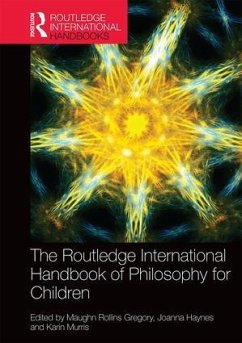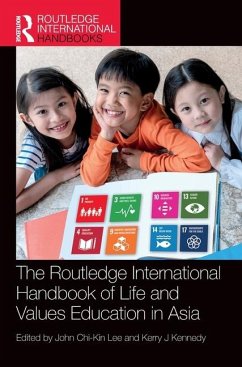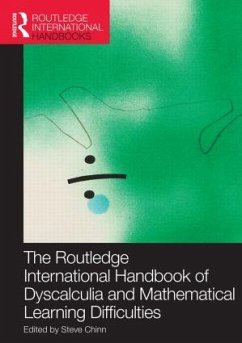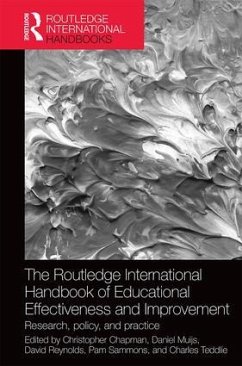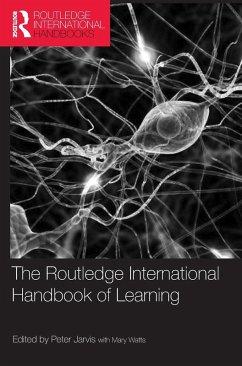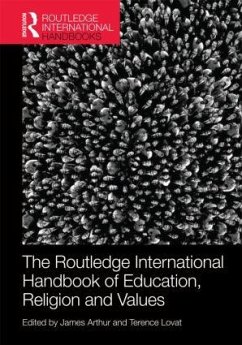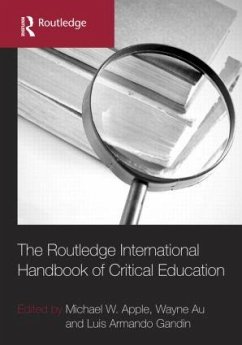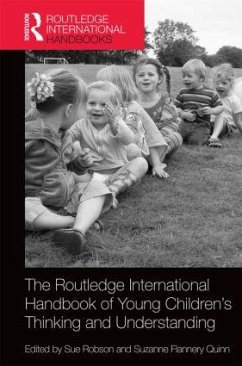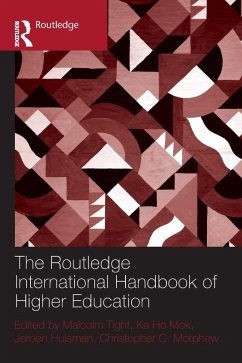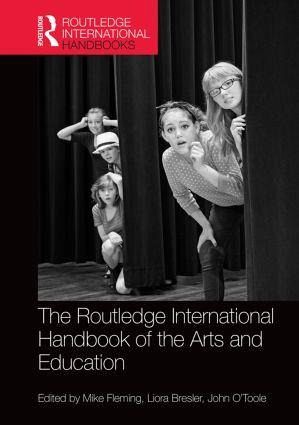
The Routledge International Handbook of the Arts and Education
Versandkostenfrei!
Nicht lieferbar
This International Handbook brings together leading writers on Arts in Education to provide a much-needed, authoritative guide to the main debates in the field and an informed account of contemporary developments in policy and practice. Providing a detailed overview of key concepts and practical challenges, the book combines theoretical insight with specific examples of innovative projects drawing on theoretical, historical and empirical research perspectives to inform understanding. The range of content highlights the breadth of the field, addressing such issues as the importance of community...
This International Handbook brings together leading writers on Arts in Education to provide a much-needed, authoritative guide to the main debates in the field and an informed account of contemporary developments in policy and practice. Providing a detailed overview of key concepts and practical challenges, the book combines theoretical insight with specific examples of innovative projects drawing on theoretical, historical and empirical research perspectives to inform understanding. The range of content highlights the breadth of the field, addressing such issues as the importance of community arts and partnership as well as school education, and providing insight into developments in multiple and connecting arts as well as traditional art forms. Topics such as assessment, creativity, cultural diversity, special needs, the arts in early childhood, adult education, arts based research, are all addressed by recognised authorities in each area. The collection of chapters also serves to define the field of arts education, recognising its diversity but highlighting the common elements that provide its identity.





